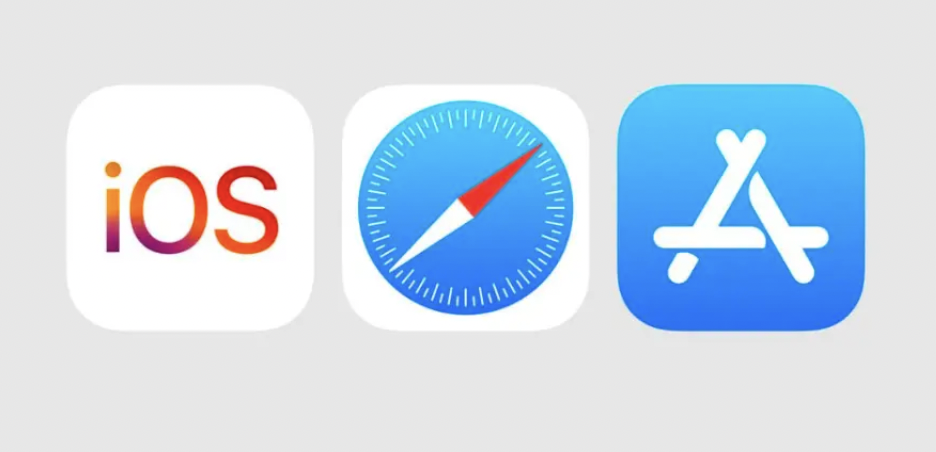Since the App Store was launched in 2008, all Apple devices have shared a common characteristic that all apps could only be downloaded from Apple’s official means of downloading, the App Store.
The App Store is not necessarily a bad platform; it downloads applications safely and without compromise. However, Apple’s Publisher Policies, mainly regarding the content that users can access and the price cut that Apple takes from all sales. That infuriates publishers and users.
Apple takes 30% off App Store purchases, which might not seem like a lot. However, this fee exists only because of the use of the App Store. Many applications, such as Adobe, cost a lot of money, which means Apple takes great advantage of this percentage. So, not only is this percentage completely outrageous, but it is also required for publishers on the App Store to be able to sell virtual services or goods.
Some applications, such as Spotify, have tricks to maintain their price reasonability and still receive 100% of the payment whilst still existing on iOS devices. Since Spotify’s payments are in subscription form, they can bypass Apple’s terms and service by requiring the user to pay on their website and then log into the App. This way, they have a loophole where the user’s payment is saved on their Spotify account, not their Apple account, where Apple has no control.
The most famous case of a company having incidents with Apple was the 2020 Epic Games v. Apple lawsuit, where according to Epic Games, the parent company of the video game Fortnite, sued for the unjust practices of Apple in their App Store regarding in-app purchases.
This began, with Epic Games showing a page in the video game where the in-game currency could be bought. The options for users were an Apple payment and a direct Epic Games payment. The difference between the two was that the direct payment to Epic Games was cheaper for the same amount of digital currency. This resulted in Fortnite being removed from the App Store and iOS users having no option to play the game on their iOS devices.
Now, because of European Union regulations, Apple has no choice but to accept or stop selling in the EU. And because the EU makes up a great percentage of Apple customers, Apple accepted their terms and permitted sideloading, which allowed for the ironic return of Fortnite in the EU with their own rules, and opened up opportunities for future applications.



